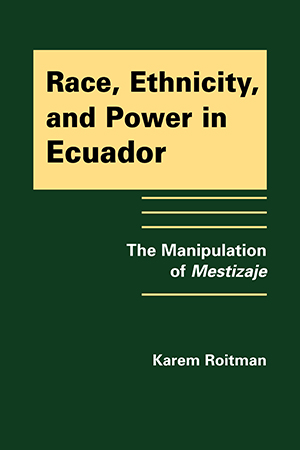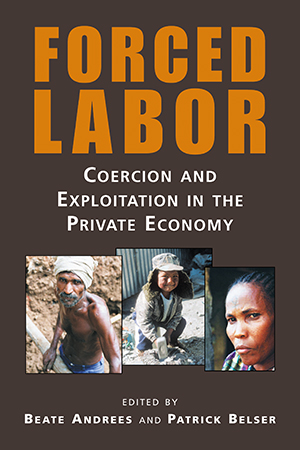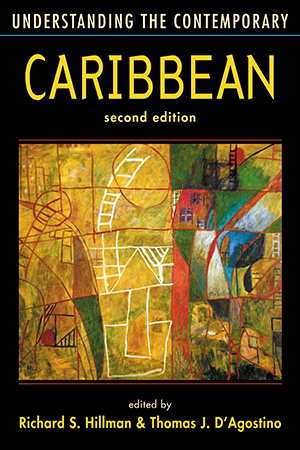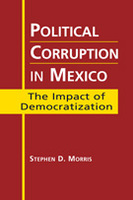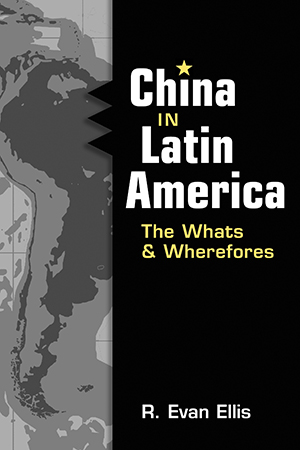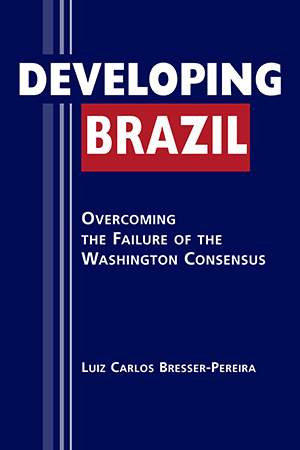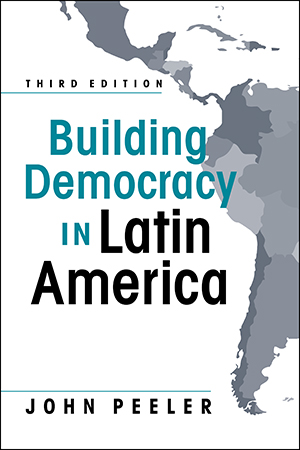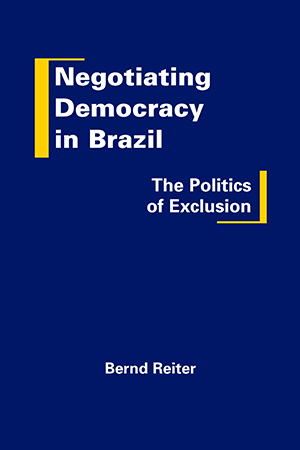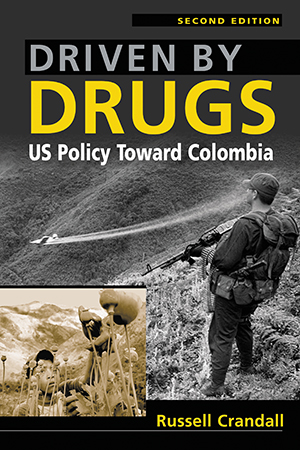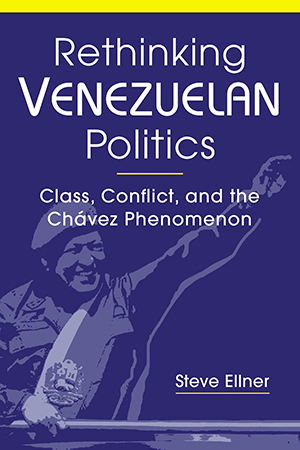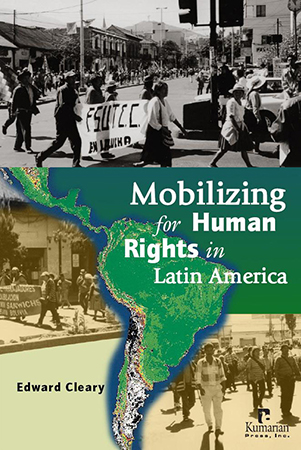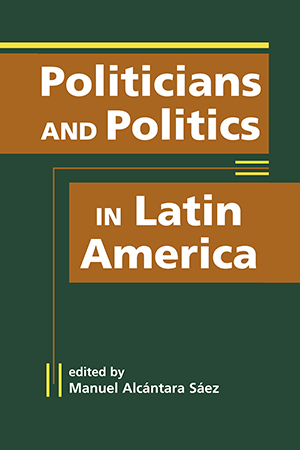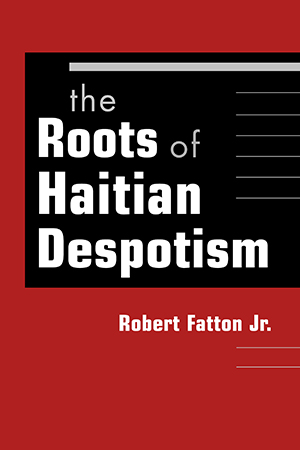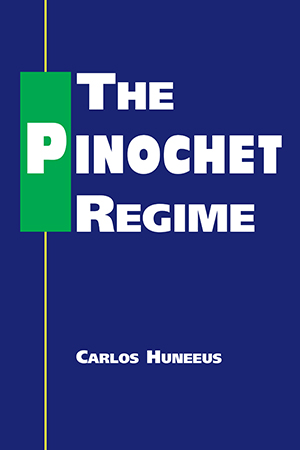Latin America and the Caribbean
How do today's Latin American elites understand and relate to ideas of power, race, ethnicity, and mestizaje? And what impact does that understanding have on the dynamics of More >
Two centuries after the abolition of the transatlantic slave trade, at least 12.3 million people are subjected to modern forms of forced labor—in rich countries, as well as poor More >
Carefully designed to enhance readers’ comprehension of the diversity and complexities of the region, Understanding the Contemporary Caribbean ranges in coverage from history to More >
Has the fundamental shift in Mexico's political system away from single-party authoritarian rule had any impact on the pattern of corruption that has plagued the country for years? Is More >
With China on the minds of many in Latin America—from politicians and union leaders to people on the street, from business students to senior bankers—a number of important More >
After the 1994 Real Plan ended fourteen years of high inflation in Brazil, the country’s economy was expected—mistakenly—to grow quickly. Luiz Carlos Bresser-Pereira More >
Henry Louis Taylor provides insight into the legacy of Fidel Castro by examining everyday life and culture in Havana's neighborhoods during El Período Especial (the Special More >
The third edition of this historically and theoretically grounded analysis of the democratic experience in Latin America reflects important developments both in the region and in the More >
Do societal inequalities limit the effectiveness of democratic regimes? And if so, why? And how? Addressing this question, Bernd Reiter focuses on the role of societal dynamics in More >
In the years since the first edition of Driven by Drugs was published, there have been dramatic changes in US policy toward Colombia, as well as in domestic Colombian politics. This new More >
In this fresh look at Venezuelan politics, Steve Ellner emphasizes the central significance of the country's economic and social cleavages. Ellner's journey through modern More >
In this follow-up to his widely read The Struggle for Human Rights in Latin America, Edward Cleary examines some of the robust human rights movements of the past two decades. More >
The premise of this book is, simply, that politicians matter—that an understanding of the role played by politicians in the way that politics is carried out in their countries is, far More >
Though founded in the wake of a revolution that embodied its slave population's quest for freedom and equality, Haiti has endured a history marked by an unending pattern of repressive More >
This seminal book was inspired by a series of questions: What explains the endurance of Augusto Pinochet's authoritarian regime in Chile, a country with a lengthy democratic tradition? More >


